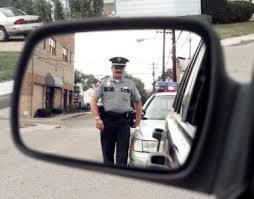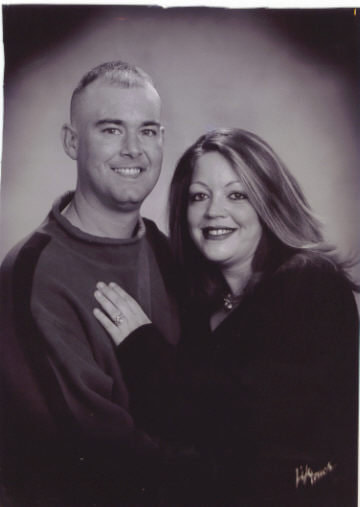|
If you are required to carry an auto insurance SR22 filing to reinstate your drivers license but you do not own a vehicle, in most states, you will need to take out what is known as a Named Operator's Policy (a.k.a. non-owners policy). Here's how the states breakdown concerning those who don't own a vehicle but need an SR22 filing:
What coverage is offered with a named operator's policy? With a named operator's policy, the only auto insurance coverage that is offered is liability coverage, medical payments coverage, and uninsured motorist bodily injury coverage. No other coverages are offered under a named operators policy. Comprehensive and Collision coverage (which covers the vehicle you are borrowing) IS NOT AVAILABLE WITH A NAMED OPERATOR'S POLICY. Other differences between a named operator policy and regular auto insurance.
What is SR22 insurance?
When people need an SR22, this is where it gets confusing. An SR22 is not insurance at all. It is simply a state filing that attaches onto an auto insurance policy or a named operator's policy. Basically what an SR22 does is let the state know that you're carrying continuous auto insurance liability coverage, whether it be through either type of policy. An SR22 is how the state keeps dibs on you to make sure you're carrying at least the state minimum liability coverage. Whether you have a named operator's policy or a regular auto insurance policy, as long as you're required to carry an SR 22 attached on to either one of them, you must make sure this policy doesn't cancel. If a policy cancels that has an SR22 attached to it, the insurance company is required by law to notify the state BMV/DMV. When that happens, your license will again be suspended until you buy another policy with an SR22 attached, or reinstate the old policy that canceled. What happens if I take out a named operator's policy and then buy a vehicle later on? If you have an active named operators policy and you buy a vehicle, you need to let your agent know right away before you drive the vehicle off the dealership lot. That is because named operator policies do not cover owned vehicles. From there, the insurance agent or company will do one of two things: they will either add a vehicle and convert the named operator's policy into a regular auto insurance policy...... or the agent will simply cancel the named operator's policy, and immediately rewrite the policy as regular auto insurance. Either way, the process is very simple and only takes a few minutes to complete. But again, it is very important to let your agent know that you have purchased the vehicle because a named operator policy will not cover you in a vehicle that you own. SUMMARY: Some of this named operator policy and SR22 stuff gets confusing. I hope this answers any questions you have. But if there's any questions that you have that I haven't answered, feel free to give me a call or drop me an email. It's not as confusing as it seems. I will do my best to help you. If you would like a quote on a named operator policy, click on the link below and I will do the shopping around for you, and find you the company with the lowest rate. And as always, I handle all quotes personally and privately. Get a Named Operator Auto Insurance Quote with Lyles Insurance Call me for a Quote Related Blog Articles: Video: Auto Insurance for Drivers Who Don't Own a Vehicle Video: Basics of a Named Operator Policy Understanding named operator (non-owner) auto insurance policies and how to get the best rate What is a Named Operator (aka non-owner) Auto Insurance Policy?
1 Comment
|
Author
Dan Lyles is an Independent Insurance Agent serving Ohio, Indiana, Michigan, Pennsylvania, Virginia and West Virginia.. Archives
March 2021
Categories
All
|



 RSS Feed
RSS Feed